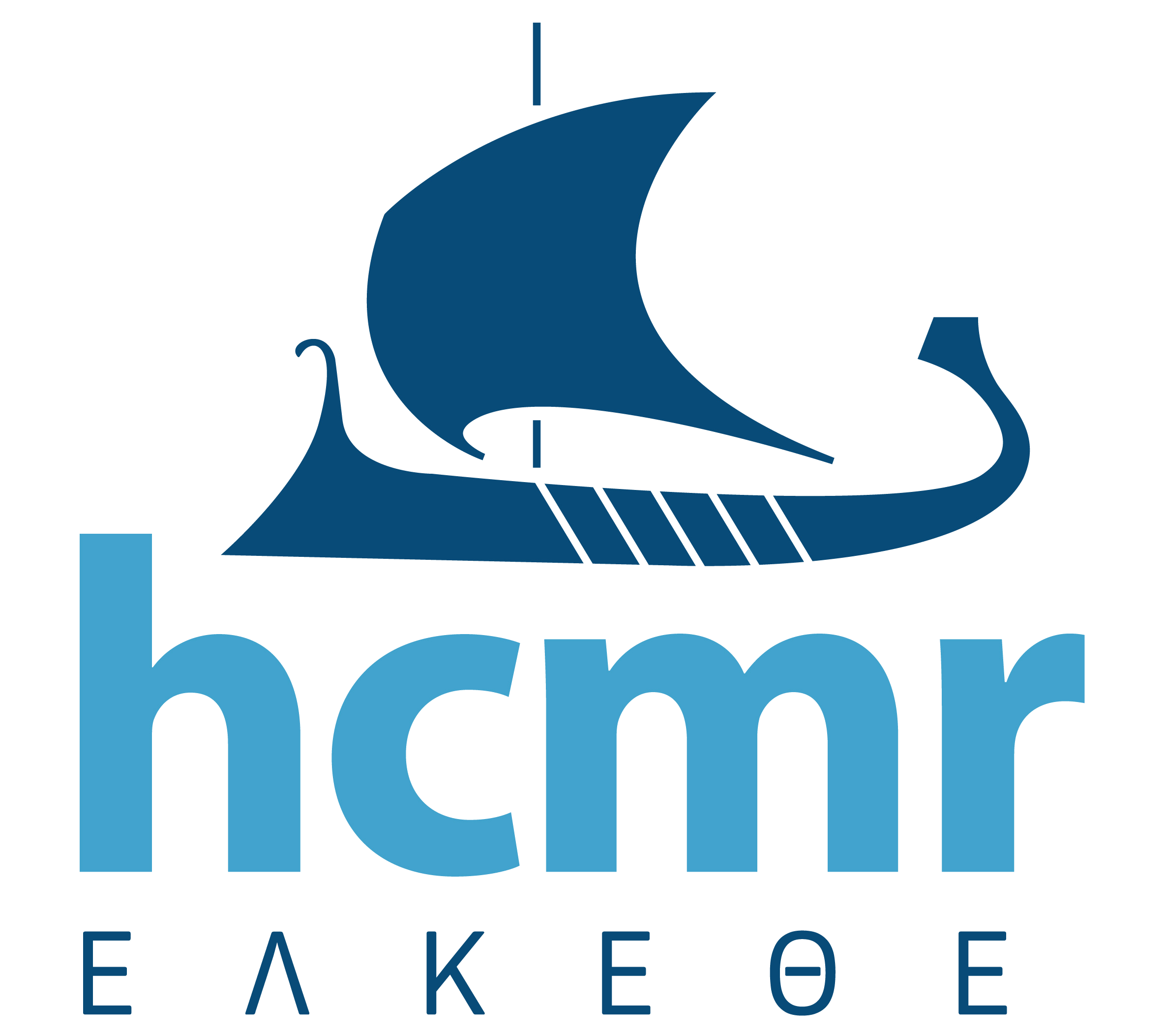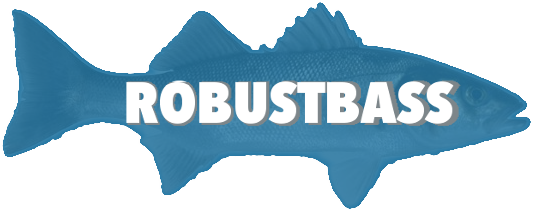
The Institute of Marine Biology, Biotechnology and Aquaculture (IMBBC, http://www.imbbc.hcmr.gr/content/institute) is one of the three institutes of the Hellenic Centre for Marine Research (HCMR). IMBBC’s research activities aim on i) carrying out basic and applied research on the development of technology transfer, on developing knowhow and provision, as well as, on providing specialized services in the fisheries management field, and ii) studying diversity of marine and freshwater life, phylogeography and genomics of marine species, development of genomic approaches in fish aquaculture, bioinformatics and interactions of organisms with their environment. The Institute has a longstanding experience in the transformation of the accumulated knowledge to applicable technologies essential for the private sector and the development of molecular markers and genetic tools for parentage assignment, the production of genetic maps and QTL analyses of species important to the aquaculture industry.
In RobustBass project, IMBBC will coordinate efforts at defining the genetic architecture of disease and stress resistance traits using genomewide association studies (GWAS) and QTL mapping and, moreover, to investigate the genetic correlation of disease resistance traits with production efficiency traits.
IMBBC’s former work has yielded some very successful applications of molecular markers in studies related to i) the production of linkage and radiation hybrid maps in Dicentrarchus labrax and Sparus aurata, ii) the parentage assignments in the above species and iii) detection of QTLs related to body growth, morphological traits, stress response and sex determination in sea bream. HCMR has in the past participated in EU funded projects dealing with QTL mapping in both European seabass and gilthead seabream like BRIDGEMAP / QLRT200001797 (20022005. BRIDGING GENOMES: An integrated genomic approach toward genetic improvement of aquacultured fish species), BASSMAP / QLRT200001701 (20032006. Tools for the genetic improvement of sea bass. Construction and preliminary application of a medium density linkage and synteny map), AQUAFIRST / SSP8CT513692 (20052008. Combined genetic and functional genomic approaches for stress and disease resistance marker assisted selection in fish and shellfish). Currently, HCMR participates in FISHBOOST "Boosting the domestication of established farmed finfish species through selective breeding" (20142019, Grant Agreement: 313611, FP7KBBE201310) in which research is directed to QTL mapping for resistance against Sparicotyle chrysophrii in gilthead seabream and Viral Nervous Necrosis (VNN) in European sea bass and in PARAFISHCONTROL ''Advanced Tools and Research Strategies for Parasite Control in European farmed fish (20152020, Grant Agreement: 634429, Call H2020SFS20142) in which the main work is concentrated on sequencing and annotating the transcriptome of Sparicotyle chrysophrii and Ceratothoa oestroides parasites in gilthead sea bream.
Scientists involved:
Dr. Costas Tsigenopoulos is presently a Principal Researcher in IMBBC, HCMR. He received an MSc and a Ph.D in Evolutionary Biology and Ecology, from the University of Montpellier II in France (1995-1999). His research interests and experience include mainly linkage mapping, comparative genomics, phylogenetics and phylogeography, use of microsatellite and SNP genetic markers, mtDNA sequencing, ploidy evolution in vertebrates. He is currently interested in the use of molecular genetic markers to i) address questions of population structure of natural marine stocks, and ii) assist genetic improvement in aquaculture. The former work has yielded some very successful applications of molecular markers in studies of the genetic structure of marine species while the latter has lead to the development and application of molecular genetic markers (microsatellite DNA) for parentage identification in Mediterranean cultivated fish species (Dicentrarchus labrax and Sparus aurata). Recently, he is also interested in comparative genomics and the introduction of genomic approaches in aquaculture practices and is actively contributing to practical applications of the produced results in commercial farms. He has participated (as coordinator, principal investigator or National Network leader) in more than 20 EU, Bilateral and national funded R&D projects and networks relevant to aquaculture and marine genomics. He has published more than 60 peer reviewed papers and few dozens of articles in conferences proceedings and book chapters. Dr. Tsigenopoulos declares that he is aware that duplication of funding is not allowed for the same (whole or partial) research project and that the work proposed is not part of a funded project. The present transnational research project was conceived and developed in the context of the COFASP call Topic 2 objectives by the project consortium.
Dr. Tereza Manousaki is a Research Associate with strong background in Evolutionary Biology and Bioinformatics (14 publications, H-index 8, >1000 citations). Her research interests are focused on mining genomes of non-model species trying to answer questions regarding the evolutionary history and the genetic background that characterize species biology. Particular topics include aquaculture genomics, evolutionary genomics, population genomics and metagenomics. Technically, she develop pipelines and workflows aiming at analysing Next Generation Sequencing (NGS) data in the areas of transcriptomics, whole genome sequencing, RAD-Sequencing and comparative genomics.
Dr. Alexandros Tsakogiannis is a postdoc fellow at the Laboratory of Genetics in the Institute of Marine Biology, Biotechnology and Aquaculture in the Hellenic Centre for Marine Research. He received a B.Sc degree in Biology (2004-2008) in University of Crete, an MSc in Ecological design, sustainable development and management of protected areas from the Aristotle University of Thessaloniki (2009-2011) and a PhD in Biology (2012-2018) from the University of Crete. His research interests are focused mainly on transcriptomics, genomics, population genetics/genomics and molecular signatures of sex differences or sex determination/differentiation. Dr. Alexandros Tsakogiannis has participated in several EU and national funded R&D projects relevant to aquaculture and marine genetics/genomics implementing mostly RNA-seq, ddRAD-seq and Whole-Genome sequencing.


